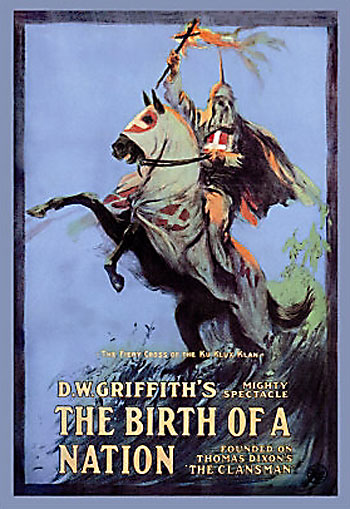Avatar: An Extension of White Supremacy
http://www.countercurrents.org/meade050110.htm
"The theme of Caucasian superiority has played itself out over an extended period of time throughout the history of the movie and television industry...Regrettably, movie goers often fail to recognize the incessant inane and divisive ideas promoted by such productions as Avatar and subsequently are subliminally compelled to accept false notions in regard to either the superiority or inferiority of various groups.."









